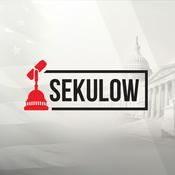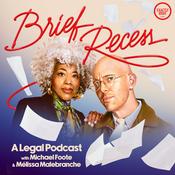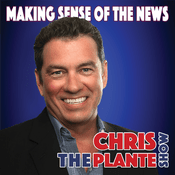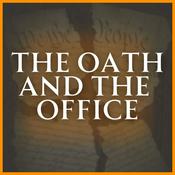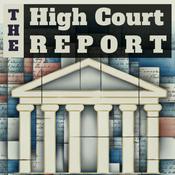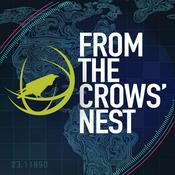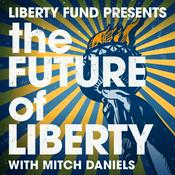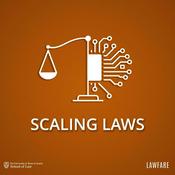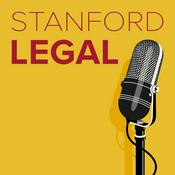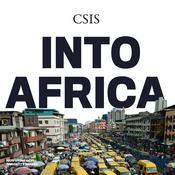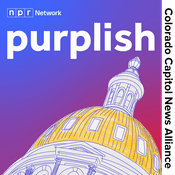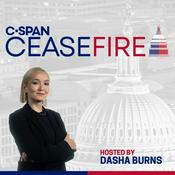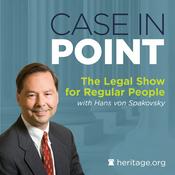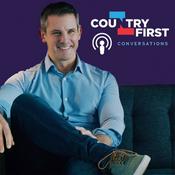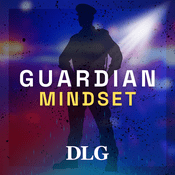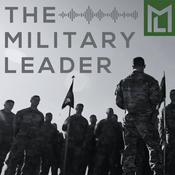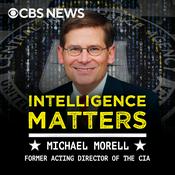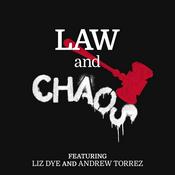51 episodes

Episode 48: How to Succeed at Virtual Communication
12/03/2025 | 30 mins.
Dr. Andrew Brodsky is a management professor at the McCombs School of Business at The University of Texas at Austin and author of Ping: The Secrets of Successful Virtual Communication. Ping offers a science-backed, practical framework for navigating the complexities of digital communication—whether email, video calls, or instant messaging. Drawing on cutting-edge research and real-world examples, Dr. Brodsky helps professionals understand when and how to use different communication tools to build trust, increase clarity, and avoid costly misunderstandings.

Episode 47: The Power of One-to-One Meetings
10/01/2025 | 29 mins.
Steven Rogelberg, author of Glad We Met: The Art and Science of 1:1 Meetings, shares research on the importance of effective one-to-one meetings for employees, leaders and organizations. He shares how to effectively conduct these meetings for maximum impact. He also argues that while many leaders rate themselves as being very effective at conducting one-to-one meetings, many employees feel these same meetings as ineffective. Dr. Rogelberg is a pioneering scholar in organizational science, management, and psychology, with over 150 publications spanning leadership, team dynamics, employee well-being, and the science of meetings. He is a Chancellor’s Professor at UNC Charlotte where he is the founding Director of Organizational Science. He serves as the editor of the Journal of Business and Psychology, and is a recipient of numerous prestigious awards including the Raymond A. Katzell Award an

Episode 46: Making Work Relationships Work
8/06/2025 | 30 mins.
Amy Gallo, author of Getting Along: How to Work with Anyone (Event Difficult People), provides strategies for recognizing and working with difficult personality types so we can move through conflict and opposition to balance and cooperation and be happier and more productive in our work. Amy Gallo has written hundreds of articles for and is a contributing editor at Harvard Business Review. She is the author of the HBR Guide to Dealing with Conflict and is also a cohost of HBR’s Women at Work podcast. Her strategies have been featured in The New York Times, The Wall Street Journal, and Fast Company, as well as on NPR and the BBC.

Episode 45: What We Get Wrong About Leadership
6/04/2025 | 29 mins.
Dr. Elias Aboujaoude's research shows that leaders emerge from unpredictable personal, psychological and situational factors. His latest book, A Leader’s Destiny: Why Psychology, Personality, and Character Make All the Difference, cautions against relying on the often-marketed simplistic concepts of leadership and recommends organizations instead focus on the inherent psychological characteristics leaders need to be successful. Dr. Aboujaoude is a Clinical Professor, researcher and writer at Stanford University's Department of Psychiatry. He is the Chief of the Anxiety Disorders Section and Director of the Impulse Control Disorders Clinic. His work has been featured in publications to include The New York Times, The Wall Street Journal, Harvard Business Review and The Chronicle of Higher Education, and on BBC, PBS, and CNN.

Episode 44: Create the Future You Want
4/02/2025 | 30 mins.
Dr. Frederik Pferdt, author of What’s Next Is Now: How to Live Future Ready, discusses how we can proactively create the future we want to live by developing the six dimensions of a future ready “mindstate.” Dr. Pferdt was Google’s first Chief Innovation Evangelist and founder of its Innovation Lab. He’s trained tens of thousands of “Googlers” to develop cutting-edge ideas and has taught classes on innovation at Stanford University. He’s helped organizations as diverse as the United Nations, NASA and the NBA embrace change and think and act creatively. His work has been highlighted by Fast Company, Harvard Business Manager, Der Spiegel, BBC News, and many other media outlet
More Government podcasts
Trending Government podcasts
About In Session: Leading the Judiciary
Listen to In Session: Leading the Judiciary, Sekulow and many other podcasts from around the world with the radio.net app
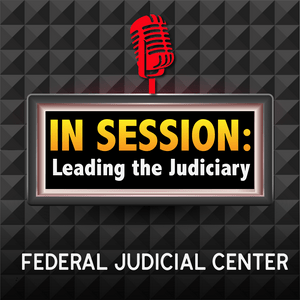
Get the free radio.net app
- Stations and podcasts to bookmark
- Stream via Wi-Fi or Bluetooth
- Supports Carplay & Android Auto
- Many other app features
Get the free radio.net app
- Stations and podcasts to bookmark
- Stream via Wi-Fi or Bluetooth
- Supports Carplay & Android Auto
- Many other app features


In Session: Leading the Judiciary
download the app,
start listening.
